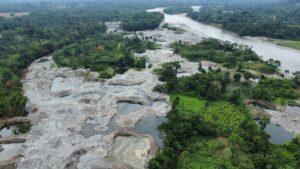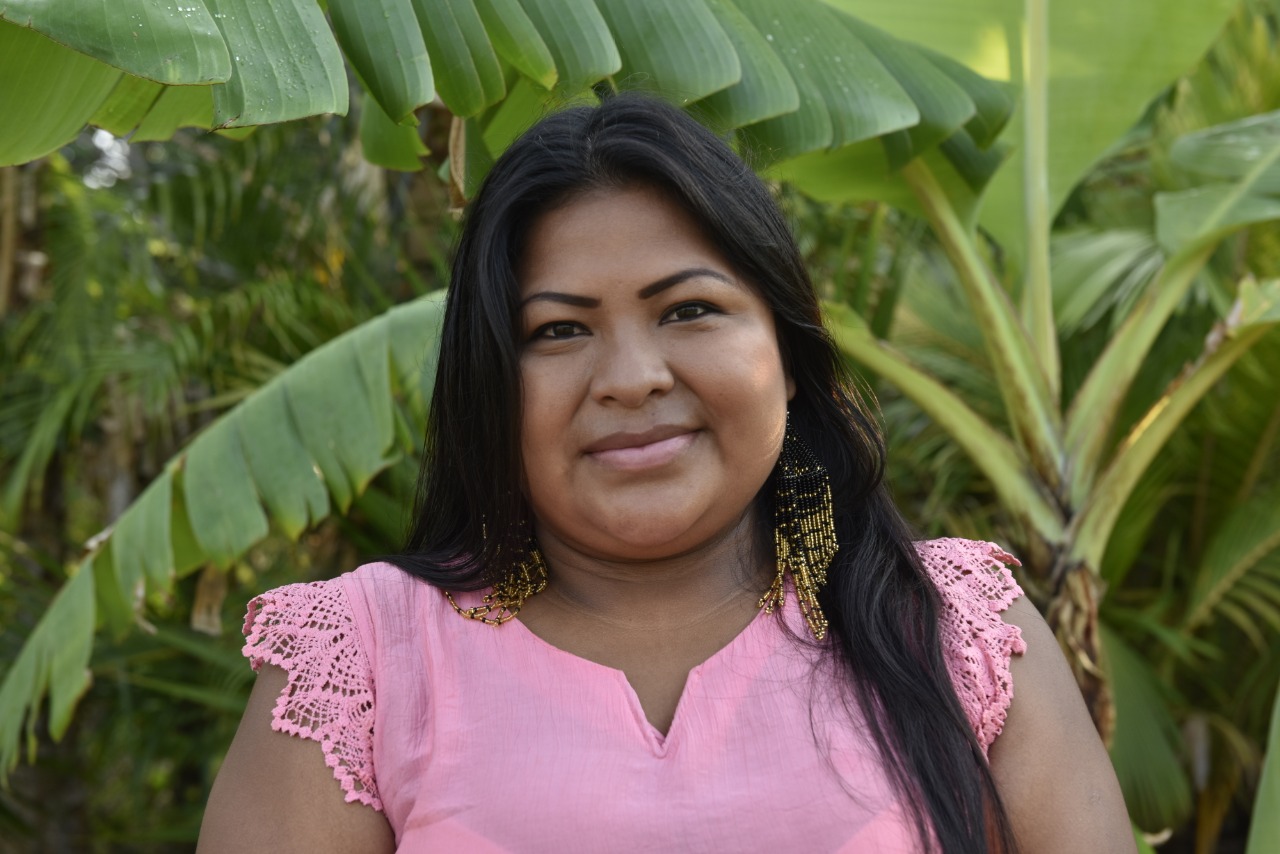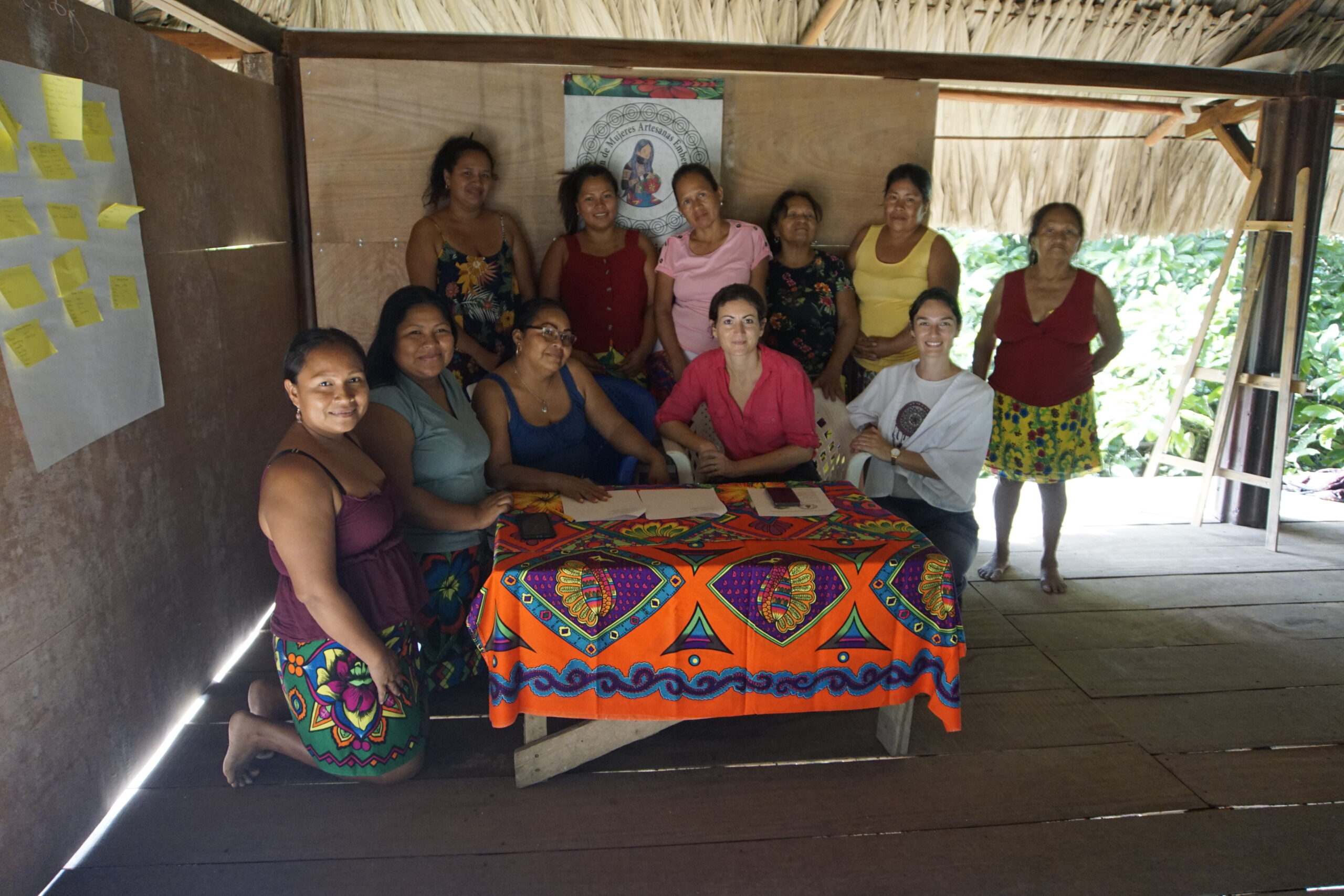The rich biodiversity and unique ecosystems of the Ecuadorian Amazon are under increasing threat from deforestation caused by agricultural expansion, unsustainable logging and illegal mining. These activities not only harm nature, but they also impact the indigenous communities which depend on forests for their livelihoods. In this article, we explore the consequences of deforestation for the Ecuadorian Amazon, focusing on illegal mining.

Illegal mining in Ecuador
Illegal mining is the unregulated extraction of precious minerals such as gold, copper and oil, often in defiance of environmental laws. Illegal miners operate unofficially, using destructive methods, the use of toxic mercury and the destruction of vast tracts of forest.
These activities are devastating for the Ecuadorian Amazon, particularly in the province of Napo, which has declared a “state of emergency”.
This region is home to indigenous communities such as the Kichwas and covers 70% of the country’s protected areas. According to a report by the Ecuadorian Foundation for Ecological Studies, “the protected areas are home to an abundance of flora and fauna, making this part of the country one of the richest in biodiversity”.
The impact of illegal mining on the environment and local communities
Deforestation caused by illegal mining operations leads to a permanent loss of biodiversity. Natural habitats are destroyed, threatening a unique fauna and floral. In addition, the use of mercury in the mining process pollutes local water sources, contaminating aquatic life and damaging the health of riverside communities.
Indigenous communities in the Amazon depend on the forest for their physical, cultural and economic survival. Deforestation and illegal mining deprive them of essential resources such as medicinal plants, fruit and wood. Indigenous communities are also losing their autonomy and their traditional way of life, leading to profound cultural degradation.
A recent health study published in the journal Integrated Environmental Assessment and Management found that exposure to toxic metals in some areas of the Napo basin was 352% higher than permitted limits, increasing the risk of cancer for the local population, particularly children.
A few years ago, the government of Ecuador decided to take action. It deployed the army to dismantle the illegal mining sites. Despite this measure, the number of illegal operations continues to rise, decimating forests, biodiversity and the health of indigenous communities.
We are helping the Kichwa communities of Napo in their efforts to restore Ecuador’s Amazon rainforest : find out more about our project in Ecuador.


